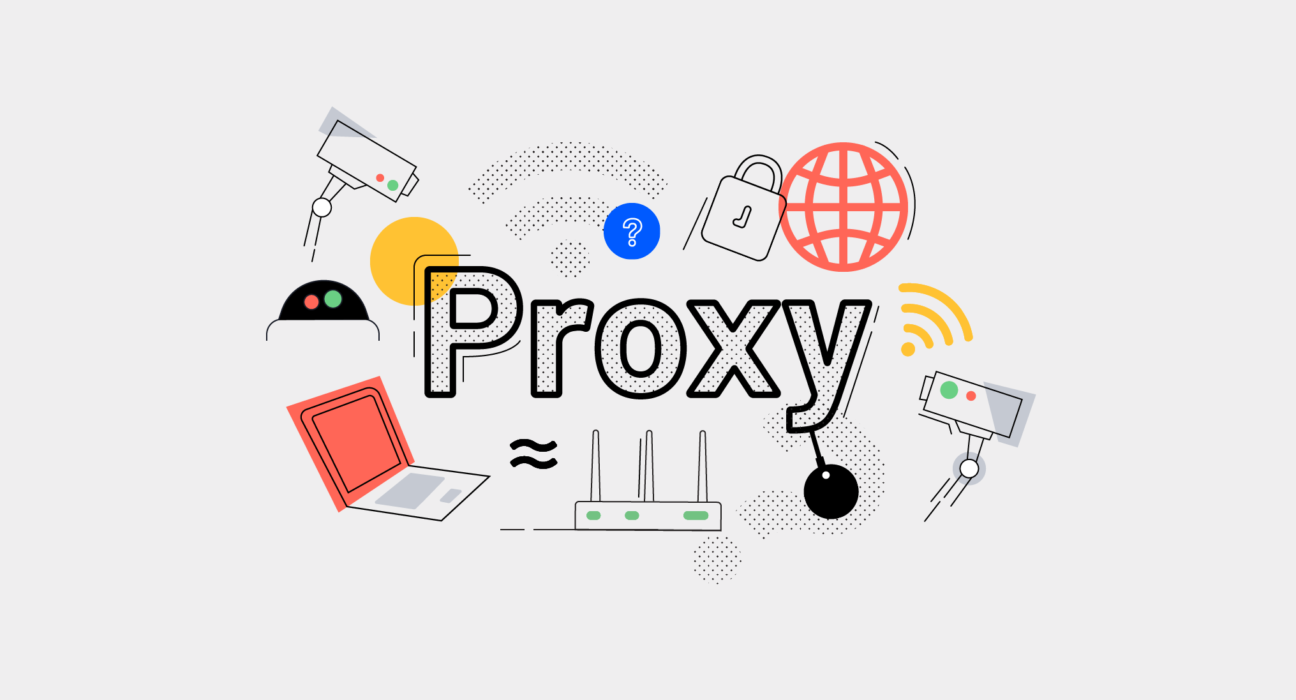In an era where digital footprints are meticulously tracked, safeguarding online privacy has become a paramount concern. Every click, search, and interaction can be monitored by websites, advertisers, and even cybercriminals. Proxy servers have emerged as a vital tool in the quest for online anonymity and security.
What is a Proxy Server?
A proxy server acts as an intermediary between your computer and the internet. Instead of your device connecting directly to websites, your requests are routed through the proxy server. This process masks your IP address—the unique identifier assigned to your device—replacing it with the proxy’s IP. As a result, your online activities become less traceable to you personally.
Enhancing Anonymity and Security
- IP Masking: By hiding your real IP address, proxy servers prevent websites from pinpointing your location and tracking your browsing habits. This is crucial for avoiding targeted ads and potential data collection by third parties.
- Bypassing Geo-Restrictions: Many online services restrict content based on geographic location. Proxies allow you to access this content by assigning you an IP address from a permitted region.
- Improved Security: Some proxies offer encryption features, adding an extra layer of security to your internet connection. This is particularly useful when using public Wi-Fi networks, which are often unsecured and vulnerable to hacking.
- Control Over Internet Usage: Businesses and educational institutions use proxy servers to monitor and control internet usage within their networks. This helps in enforcing policies and protecting against malware and phishing attacks.
Types of Proxy Servers
- HTTP Proxies: Ideal for web browsing and accessing websites.
- SOCKS Proxies: More versatile, handling various types of traffic like emails and file transfers.
- Transparent Proxies: Do not hide your IP but are used for content filtering.
Choosing the Right Proxy Service
Not all proxy services offer the same level of reliability and security. It’s essential to select a provider that values privacy and offers robust features.
One reputable provider is https://proxy-seller.com. They offer a range of proxy solutions tailored to different needs, ensuring high anonymity levels, fast connection speeds, and excellent customer support.
Best Practices for Using Proxy Servers
- Combine with a VPN: For maximum security, use a proxy server in conjunction with a Virtual Private Network (VPN). This combination encrypts your data and hides your IP address effectively.
- Regularly Update Settings: Keep your proxy settings and software up to date to protect against new vulnerabilities.
- Beware of Free Proxies: Free proxy services might sell your data or inject ads into your browsing sessions. Investing in a trusted provider ensures better privacy and performance.
Conclusion
In a world where online privacy is constantly under threat, proxy servers offer a practical solution to enhance anonymity and security. By rerouting your internet traffic and masking your IP address, proxies protect you from unwanted tracking and potential cyber threats. When choosing a proxy service, reliability and trustworthiness are paramount—qualities exemplified by providers like https://proxy-seller.com. Embracing proxy servers is a significant step toward taking control of your digital footprint and ensuring a safer online experience.







